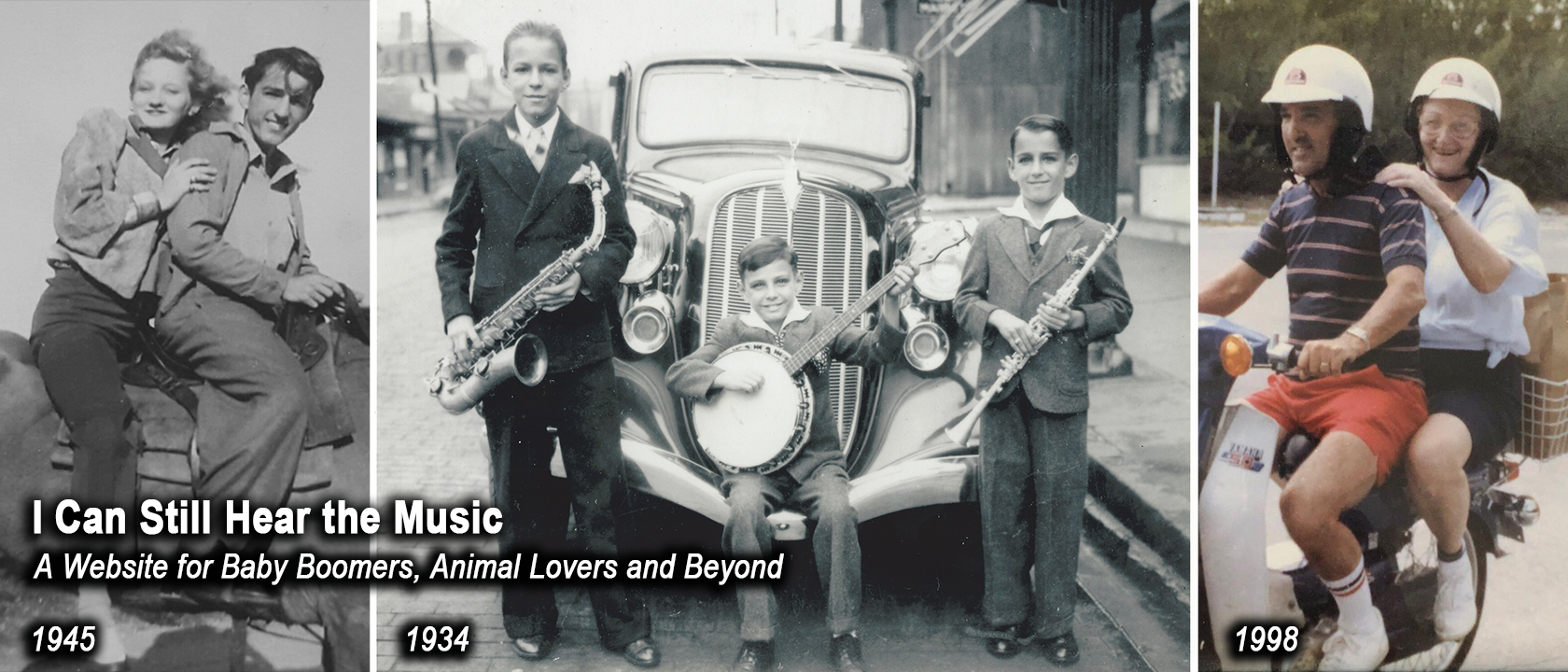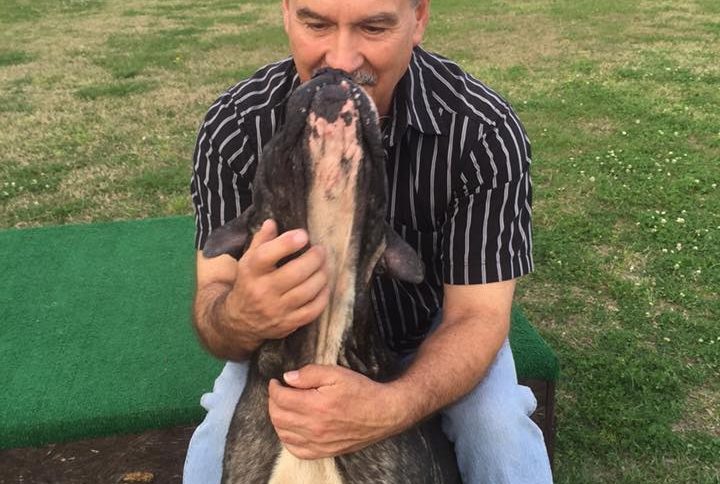by Michael Groetsch
I know that many of you have considered volunteering at your local animal shelter. But perhaps you just didn’t place it high enough on your priority list. Maybe you became apprehensive knowing that many shelters, due to overcrowding, have high rates of euthanasia that may impact you emotionally. Irrespective of why you have delayed your services, I strongly encourage you to re-consider. The fact is, not only do the limited staffs of animal rescue centers need your assistance doing much of what they do not have the time to do, the dogs and cats in their care crave for the extra socialization and attention that only volunteers like you have the time to provide.
There are actually 2 types of shelters in which you could offer your services to homeless rescue animals. The first type is called a no-kill shelter. While they rarely employ euthanasia (except when animals are very aggressive, critically ill or injured), no-kill shelters are generally very limited in the number of dogs or cats that they can house due to a slow rate of turnover. Consequently, they often become filled to capacity and are forced to turn away new strays or surrenders simply because they may not have available space. Unless a no-kill shelter has an exceptional volunteer and adoption team, such programs find themselves housing rescue animals for extended periods of time in small kennels that become very stressful to the dogs and cats in their care.
The second type of program is commonly known as a kill-shelter. Unlike its no-kill counterpart, such rescue shelters must employ the use of euthanasia not only for aggressive and very sick animals, but also as a means of population control. A typical government run shelter can literally take in thousands of animals annually and it would be both physically and fiscally impossible to indefinitely house all dogs and cats that come into their already crowded facility. Like no-kill shelters, they are extremely dependant on volunteers to assist in the socialization and adoptions of the critters in their care. While it is true that you will feel a sense of loss when an animal that you have come to know and love is euthanized, I assure you that your sense of loss will be offset by those that you have assisted in finding forever homes. I cannot adequately express the joy that I experience when witnessing a happy family leaving the lobby of the shelter with their newly adopted pet. Smiling faces and wagging tails are enough to convince me to never stop doing what I do.
Besides seeing happy endings for animals that previously had a potentially dismal future, there are so many other benefits that come with volunteerism. I can tell you from personal experience that the emotional and physical rewards for taking care of homeless animals are immense. First, if you find that your social circles are on the decline, volunteering at your local animal shelter is a wonderful way to meet and make new friends; friendships that have the potential to extend beyond the walls of the shelter. Shelter volunteers share a unique fellowship common to most social causes. Second, you will quickly discover that while humans love with their hearts, dogs love with their souls. Dogs love you unconditionally. They will fulfill your need for the oneness that is inherent in all of us. Third, volunteering will enhance your sense of self-esteem and self-worth. As a result it will also increase your self-confidence and make you feel worthy of the new friends that you meet. Fourth, taking care of homeless animals will certainly fulfill your altruistic and spiritualistic nature. After all, this life is not about us. It is about helping and caring for others in need. Finally, volunteering to socialize and walk shelter dogs is the ultimate form of exercise. Let me put it in proper perspective. For the last ten years, I have walked Leo, my adopted rescue dog, an average of 25 miles weekly. Cumulatively, that means that I have walked with him over 13,000 miles during the last decade. The realization that I walked Leo a distance that is nearly equal to halfway around the world (the circumference of the earth is 24,901 miles) since bringing him into my life is an immeasurable dividend for sharing my life with a rescue animal. Walking shelter animals is not only great for your heart it also helps you to maintain a healthy weight. Should you end up adopting a dog in your care, walking through your neighborhood will also allow you to meet neighbors that may otherwise remain strangers.
Adopt, foster or volunteer at your local animal shelter. The staff needs you. The dogs and cats need you. What a win-win situation for all. What a life changer!

